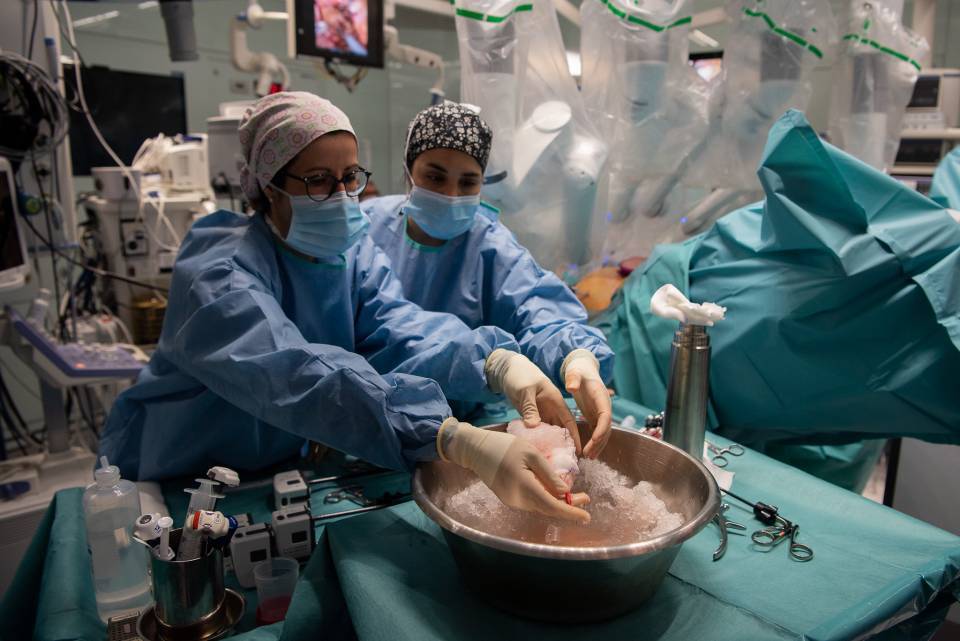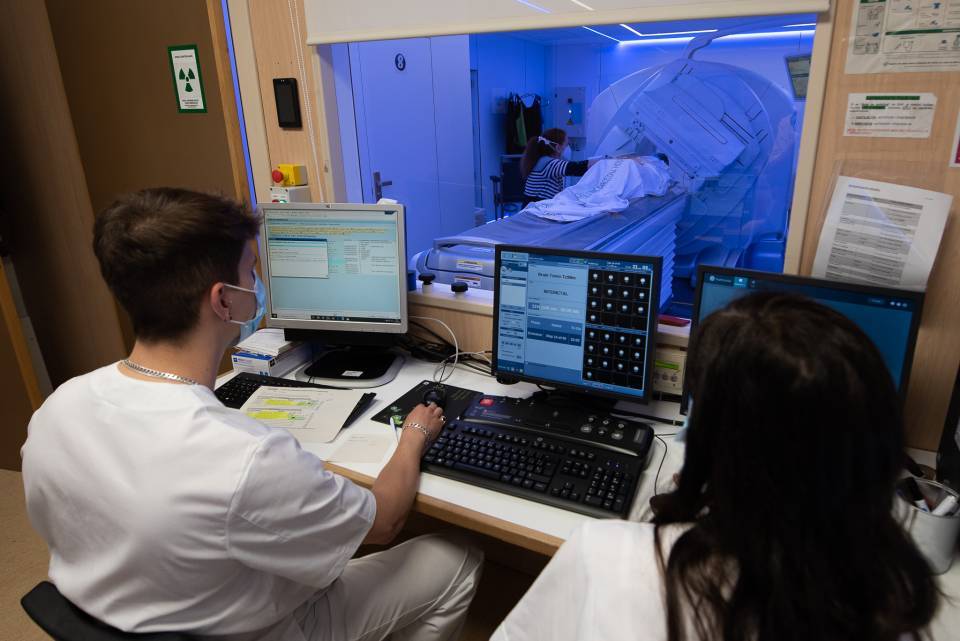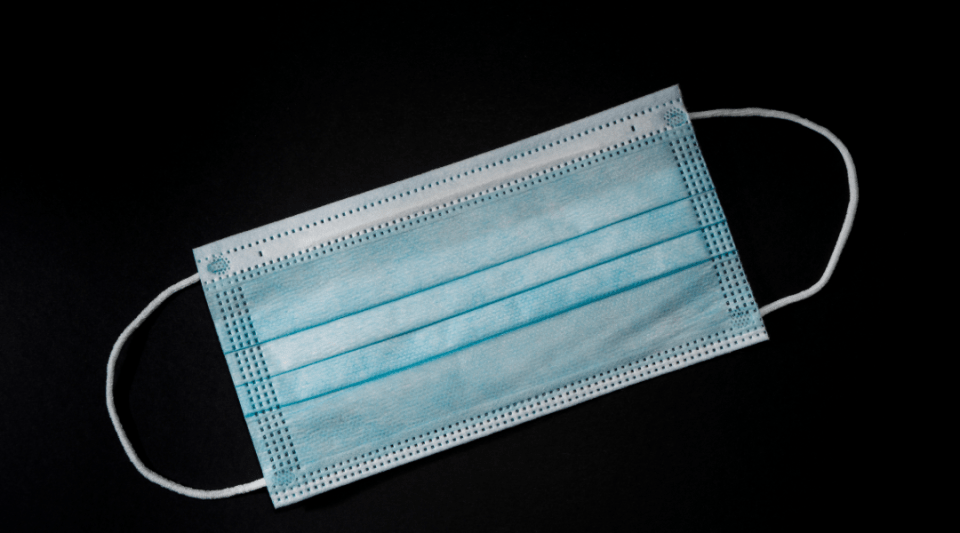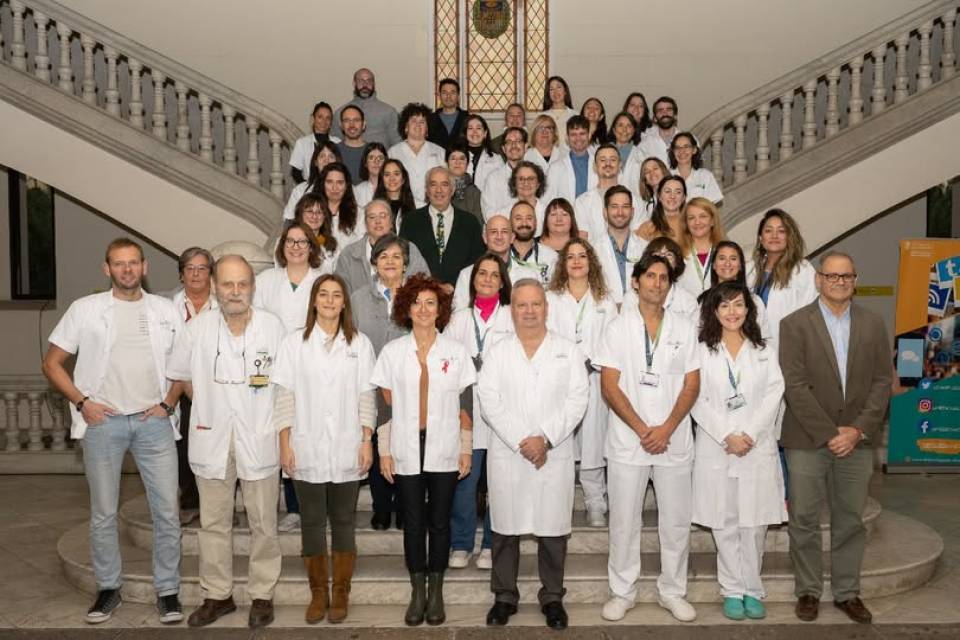In total, the Hospital Clínic teams performed one liver-kidney transplant, one kidney-pancreas transplant, four kidney transplants, two liver transplants and one heart transplant. A patient’s lung was also removed and the transplant was finally carried out in another part of Spain. This milestone was achieved thanks to teamwork by the transplant coordination section, and the nephrology, urology, cardiovascular surgery, cardiology, hepatology, anaesthesia, immunology, and hepatic and biliopancreatic surgery services. It is important to highlight the role played by the team of perfusionists and the team of nurses from all the services involved and the surgical area. All these transplants required the mobilization of over 80 professionals. All the patients are in the recovery phase and are progressing favourably.
Organ transplants, in selected cases, are the only life-saving alternative for many patients with no other treatment options or with terminal illnesses, and offer them excellent results in terms of quality of life and survival. The key to achieving this is donation, because without donors there can be no transplants. Transplantation consists of replacing a damaged organ or a tissue with another that functions correctly. It is a treatment that serves to improve the survival and/or quality of life of people with terminal organ failure. Donation is an altruistic act through which a person, or their family, expresses the wish that, when they die, any part of their body that is suitable for transplantation can be used to help other people




